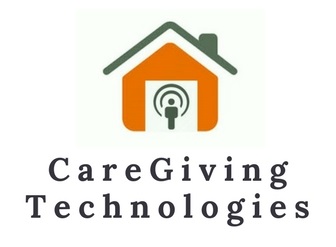15 Sep Do I want a “Smart Home”?

It is hard to leave home these days, watch television, or walk down the street without seeing people displaying their smart technology. From the latest smartphone to Fitbit, Google and their counterparts are here to stay and compete for our attention and wallet. The ever increasing “Smart Home” environment has grown to include just about every item that runs on electricity. But how intelligent do I have to be in order to make wise decisions on joining the smart-home movement?
Simply put, a smart home is one that uses technology to sense what is happening near a particular sensor or device and will act on its own, based on that information. It can automatically operate things in the home such as:
- Home Security
- Home Entertainment
- Lighting
- Heating and Air Conditioning
- Kitchen Appliances
- Entry Locks and Doorbells
The intention of these smart products is to perform tasks that will make your life easier. But do they?
Many of the products available today will make your home more efficient. This will translate into savings on your electric bill through automatically doing things like:
- Running your home’s heating or air-conditioning system only when you are home and it is needed.
- Turning lights on only when someone is in the room.
- Locking the door and turning on the security system when you leave the home and turning it off when you return.
- Measuring and alerting you to water leaks, air temperature, carbon monoxide or smoke in the home.
In addition, most of the products available will allow you to program procedures depending on the time of day, time of year, whether you are home or away and if you are doing a specific activity like reading, watching TV or going to sleep. Most of these can also be controlled through your phone, tablet or computer.
With smart home automation, the smart devices will communicate to each other. When in the past, these needed to be hard-wired when they built your home, like the now obsolete intercom system. Now, they can communicate through your home’s wi-fi (wireless internet), blue-tooth technology or other types of protocols. It is important that the devices are compatible with one another so they can work together. This is not as complicated anymore, as many smart devices begin to look for each other as soon as they are plugged in and the only work you have to do is look for them.
The answer to whether or not you want a smart home may be found by answering the following:
- Do I want to save time and effort?
- Do I want to save energy?
- Do I want to do more?
If the answer is yes, a smart home may be the answer.
Smart devices may also be used to make life easier by performing certain tasks which are becoming more difficult. In a future post, we will discuss how a smart home can provide independence as you age.
